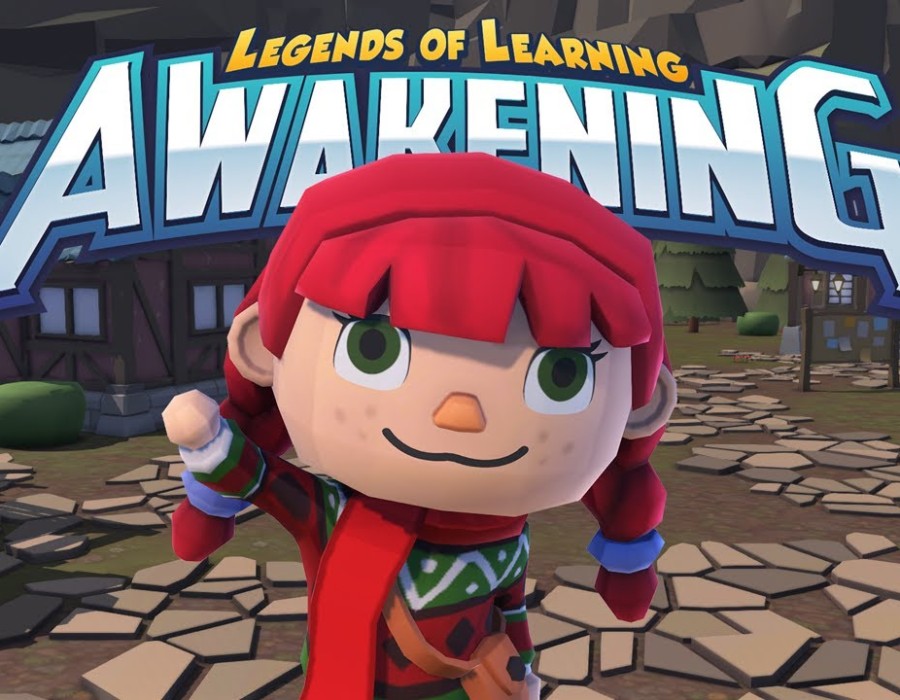In the vast landscape of human history, the quest for knowledge has always been a driving force. The legend of learning is a tale that spans centuries, encompassing the evolution of education, the pursuit of wisdom, and the relentless desire for mastery. This narrative not only highlights the historical milestones of education but also explores the various pathways that lead to true mastery in any field.
The Historical Roots of Learning
This begins in ancient civilizations where education was the cornerstone of societal development. In ancient Greece, philosophers like Socrates, Plato, and Aristotle laid the foundations of Western education. Their methods emphasized critical thinking, dialogue, and the importance of questioning established norms. Similarly, in ancient China, Confucius and his disciples promoted the value of moral education and lifelong learning. These early educational practices set the stage for future generations to build upon and refine.
A Rebirth of Knowledge
The Renaissance period marked a significant chapter in it. This era, characterized by a resurgence of interest in classical knowledge and the arts, witnessed an explosion of intellectual activity. The invention of the printing press by Johannes Gutenberg in the mid-15th century revolutionized the dissemination of knowledge. Books became more accessible, and literacy rates soared. Figures like Leonardo da Vinci and Michelangelo epitomized the Renaissance ideal of the polymath, individuals who achieved mastery in multiple disciplines through a relentless pursuit of knowledge.
The Age of Enlightenment: Reason and Science
The Age of Enlightenment further propelled it. This intellectual movement of the 17th and 18th centuries emphasized reason, science, and the power of human intellect. Philosophers like John Locke and Immanuel Kant argued for the importance of education in developing rational, autonomous individuals. The scientific revolution, with pioneers like Isaac Newton and Galileo Galilei, demonstrated how systematic inquiry and empirical evidence could lead to groundbreaking discoveries. The Enlightenment underscored the belief that mastery is attainable through disciplined study and an unwavering commitment to truth.
Modern Education: Expanding Access and Methods
The legend of learning continued to evolve with the advent of modern education systems. The 19th and 20th centuries saw the establishment of public schooling, making education accessible to a broader population. Innovations in pedagogy, such as Montessori and Waldorf education, introduced new ways of fostering curiosity and creativity in students. The digital age has further transformed learning, with online courses and educational platforms providing unprecedented access to information. The concept of lifelong learning has become increasingly prevalent, emphasizing that the journey to mastery never truly ends.
Pathways to Mastery: Formal Education
Formal education remains a crucial pathway in it. Schools, colleges, and universities provide structured environments where individuals can acquire knowledge and skills in a systematic manner. The rigor of academic programs, coupled with the guidance of experienced educators, helps students develop critical thinking, problem-solving abilities, and subject-specific expertise. Advanced degrees and specialized training programs offer opportunities for deepening knowledge and achieving mastery in specific fields.
Self-Directed Learning
While formal education is essential, it also highlights the importance of self-directed learning. Many of history's greatest minds were largely self-taught, driven by an insatiable curiosity and a passion for their subjects. Today, resources like books, online courses, podcasts, and forums enable individuals to pursue knowledge independently. The ability to set personal learning goals, seek out information, and engage in continuous self-improvement is a hallmark of true mastery.
Mentorship and Apprenticeship
Mentorship and apprenticeship are timeless pathways in the legend of learning. Historically, apprenticeships were the primary means of acquiring skills in trades and crafts. Young learners would work under the guidance of experienced masters, gaining practical knowledge through hands-on experience. This tradition continues today in various forms, such as internships, mentorship programs, and professional coaching. The one-on-one guidance and personalized feedback provided by mentors can accelerate the journey to mastery, offering invaluable insights and support.
Collaborative Learning
Collaborative learning is another vital aspect of it. Engaging with peers, participating in group projects, and joining learning communities can enhance understanding and foster innovation. Collaborative environments encourage the exchange of ideas, diverse perspectives, and collective problem-solving. In the digital age, online communities and social media platforms have expanded the possibilities for collaborative learning, allowing individuals from around the world to connect and share knowledge.
Overcoming Challenges on the Path to Mastery
The legend of learning is not without its challenges. The pursuit of mastery often involves overcoming obstacles such as setbacks, failures, and periods of self-doubt. Resilience and perseverance are essential qualities for those who aspire to achieve mastery. Embracing a growth mindset, which views challenges as opportunities for growth rather than insurmountable barriers, is crucial. Additionally, finding a balance between disciplined study and creative exploration can help maintain motivation and prevent burnout.
Conclusion
The legend of learning is a rich and multifaceted narrative that continues to evolve. From ancient philosophers to modern educators, the pursuit of knowledge and mastery has been a defining aspect of human history. By exploring the various pathways to mastery—formal education, self-directed learning, mentorship, and collaboration—we can uncover the diverse strategies that lead to true expertise. Ultimately, this teaches us that the journey to mastery is a lifelong endeavor, fueled by curiosity, determination, and a passion for discovery.






Comments